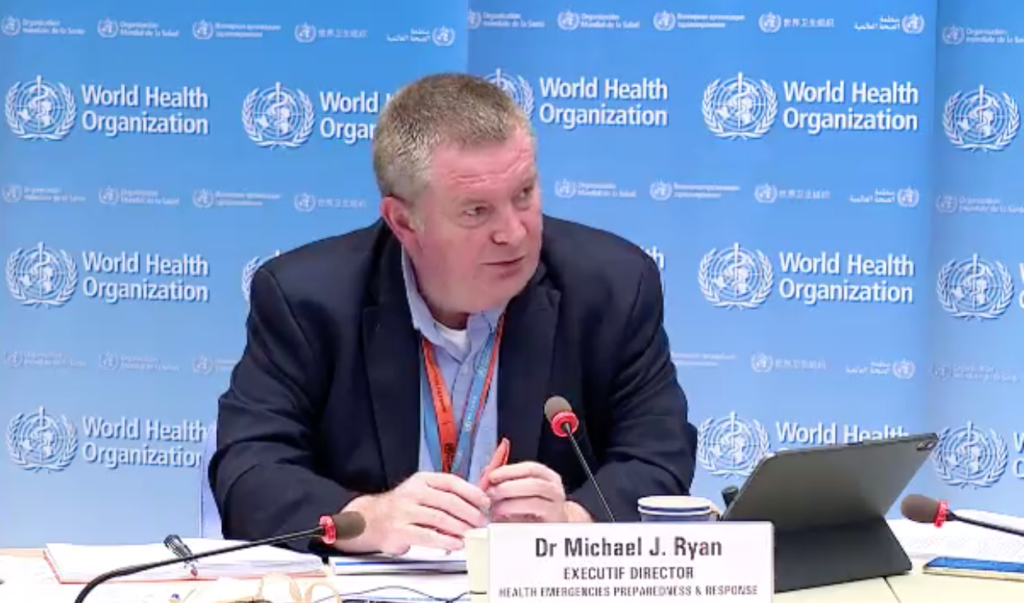A World Health Organisation (WHO) representative believes the chances of eradicating coronavirus is unlikely, given the current global situation because the threat of further infection remains.
Speaking during a media briefing on Friday [July 10] Dr. Mike Ryan, executive director of WHO’s Health Emergencies Program said, “In our current situation, it is very unlikely that we can eradicate or eliminate this virus. There are very particular environments in which that can occur — island states and other places — but even they risk re-importation.”
Ryan cites countries like New Zealand that have declared themselves coronavirus-free, only to report new infections later as an example. The risk thus remains long after the virus is gone, because people can bring it in from outside countries.
“We’ve seen countries who’ve managed to get to zero or almost zero re-import virus from outside. So there’s always a risk — either from within or from bringing disease back in — and therefore, it is a given that there is always a risk of further cases,” he continued.
“The transmission that occurs in that situation can be single, sporadic cases, which can be relatively easily isolated and quarantined. A more worrying pattern is large clusters of cases that could occur in association with super spreading events — events in which large crowds gather.”
WHO is concerned about the rapid spreading virus, especially in countries where gatherings and large events are still happening. They compare these super spreading events to a forest fire, as small clusters of cases grow much larger.
“It’s very analogous to a forest fire. A small fire is hard to see but easy to put out. A large fire is easy to see but very difficult to put out so you need a system to detect the small flames,” said Ryan.
Ryan advises countries instill or maintain proper surveillance methods like contact tracing, aggressive testing, isolation and quarantine to ensure that these small clusters don’t spread out of control.
Ultimately, however, Ryan says that the control of the virus comes down to the public. He says people need to remain vigilant, maintain social distancing and hygiene measures, as well as wear a face mask in public. Through this, he believes, a second peak can potentially be avoided.
“Countries can and should be able to contain the disease through those measures. We all want to avoid whole countries going back into total lockdown, that is not a desire that anybody has, but there may be situations where that is the only option,” Ryan concluded.
Worldwide, there have been over 12.4-million confirmed cases of COVID-19, over 6.83-million recoveries and more than 559 000 deaths.
Picture: screenshot from live stream

